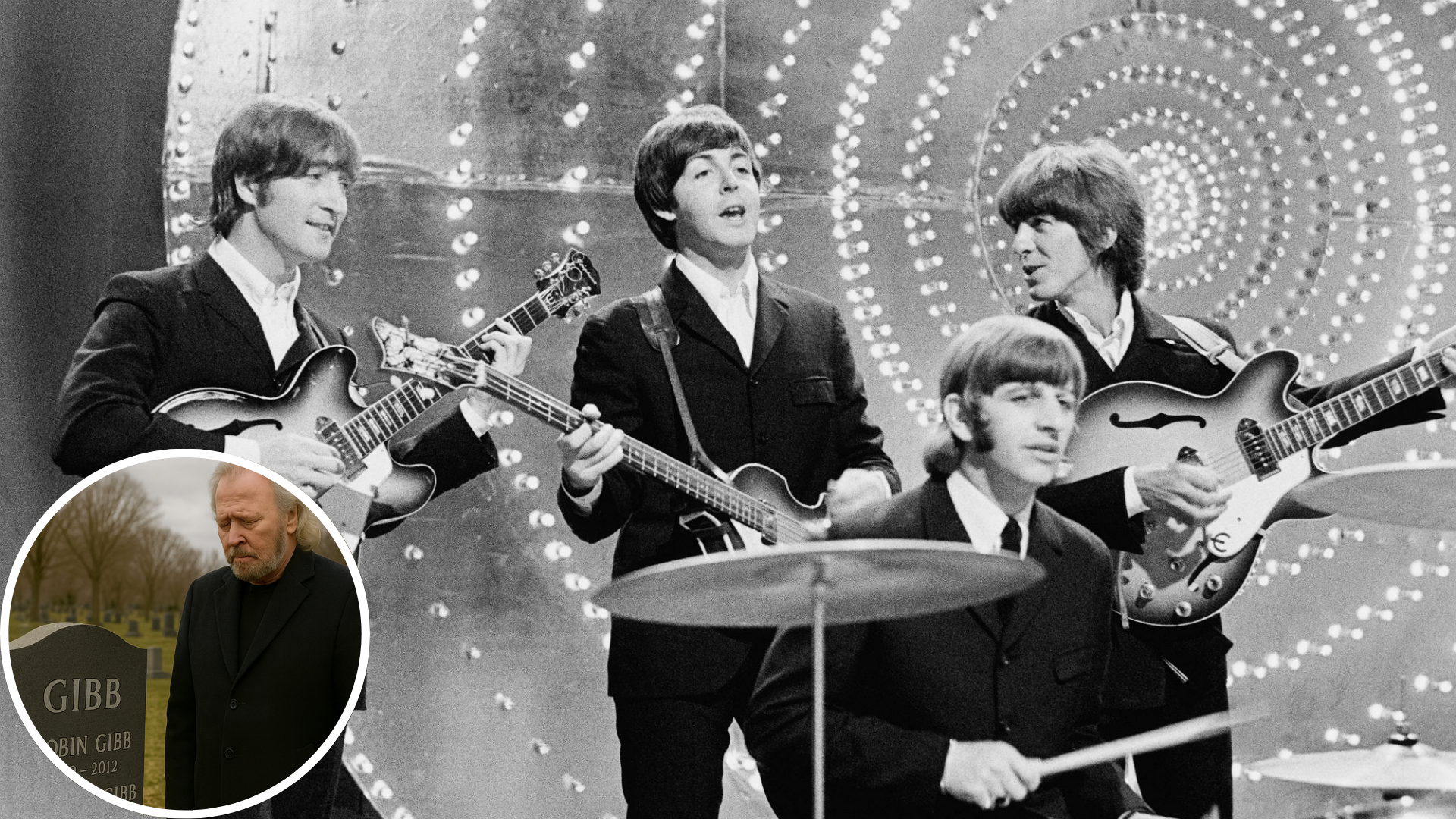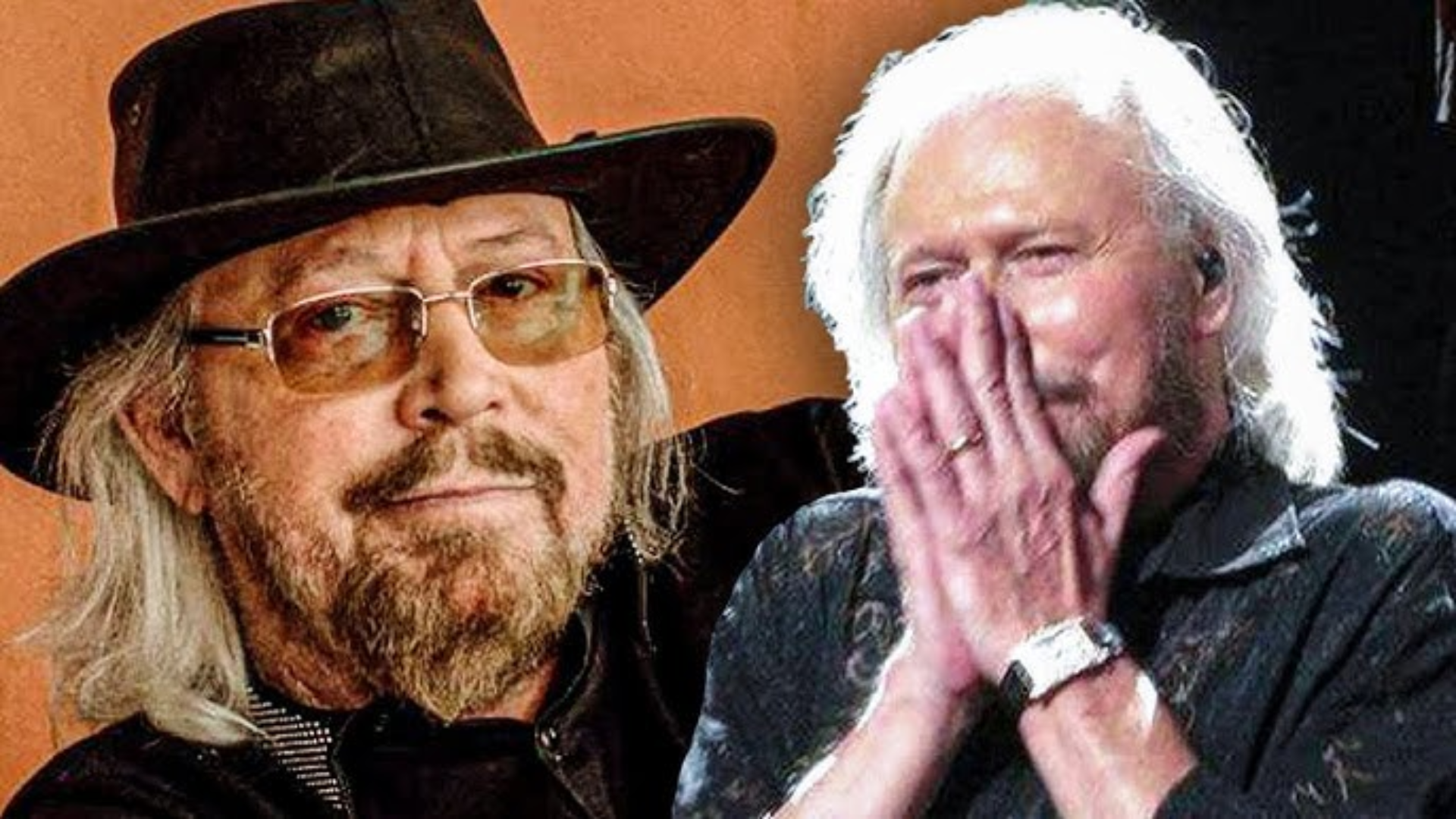
Some songs open doors. Others blow them off their hinges. And “Tomorrow Never Knows” is exactly that — not just a song, but a sonic revolution. A meditation. A plunge into the unknown. With this track, The Beatles didn’t just experiment — they expanded consciousness. And in doing so, they offered a map for anyone who’s ever searched for meaning beyond the noise.

The moment the drums begin — Ringo’s hypnotic, thunderous loop — you know you’re not on familiar ground. It’s primal and futuristic all at once, like a ritual in a world not yet born. Then come the swirling tape loops, reverse guitars, and disembodied voices flying in and out of the mix like thoughts during a dream. This isn’t music as we knew it — it’s experience.
And at the center of it all is John Lennon’s voice — filtered, flanged, floating like a spirit above the chaos. He doesn’t sing to you — he guides you. “Turn off your mind, relax and float downstream…” he instructs, like a shaman leading a journey inward. His voice is distant, but calm. Detached, but oddly comforting. As if he’s already seen what you’re about to feel.
The lyrics, inspired by The Tibetan Book of the Dead and LSD-fueled spiritual seeking, are less about storytelling and more about surrender. “It is not dying… it is not dying…” — it’s a refrain, a chant, a reassurance that ego death is not loss, but release. That letting go doesn’t mean the end — it means becoming something more.
What makes “Tomorrow Never Knows” so powerful isn’t just the sound. It’s the invitation. The song dares you to close your eyes, let go of certainty, and step into a place where time, self, and reality dissolve. And somehow, in that chaos, there’s peace. There’s meaning. There’s something beyond.
Let this song find you when the world feels too noisy. Let it surround you when you’re tired of answers and ready for questions. Let it remind you that sometimes, the deepest truths don’t come in words — they come in sound, in feeling, in the spaces between what you know and what you can’t explain.
Because tomorrow never knows.
And maybe — just maybe — that’s the whole point.